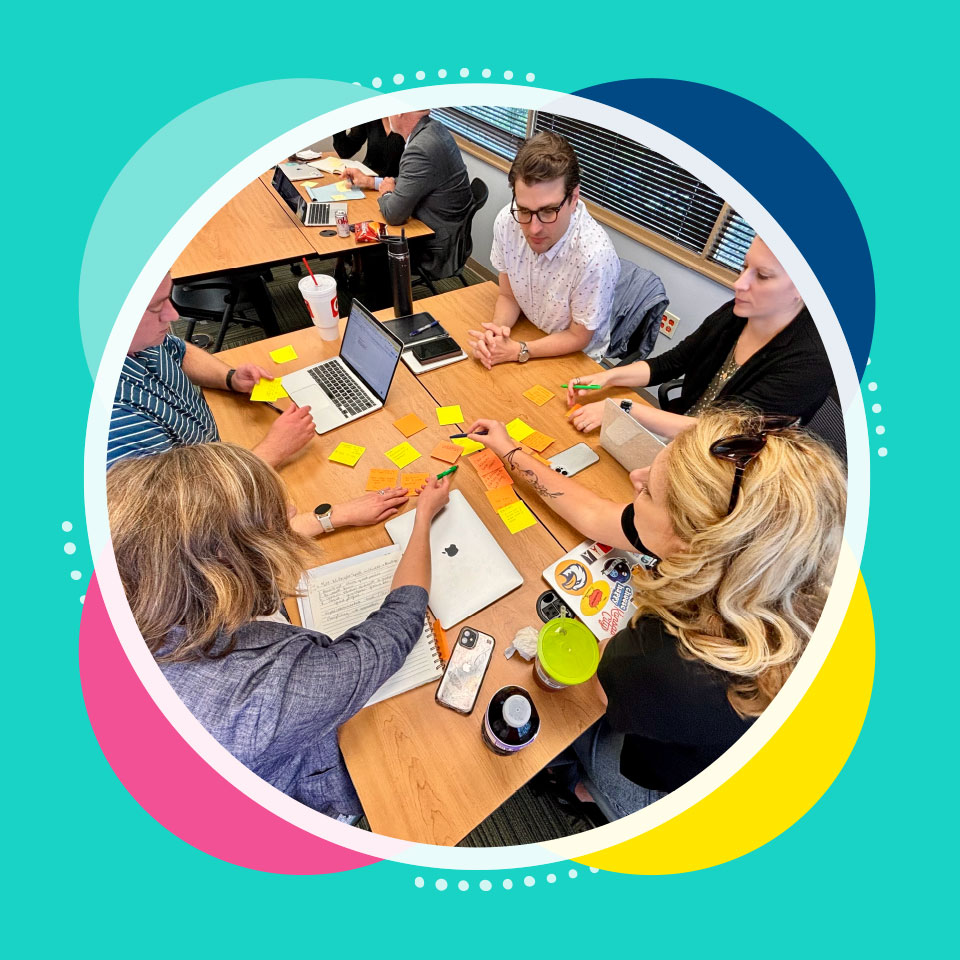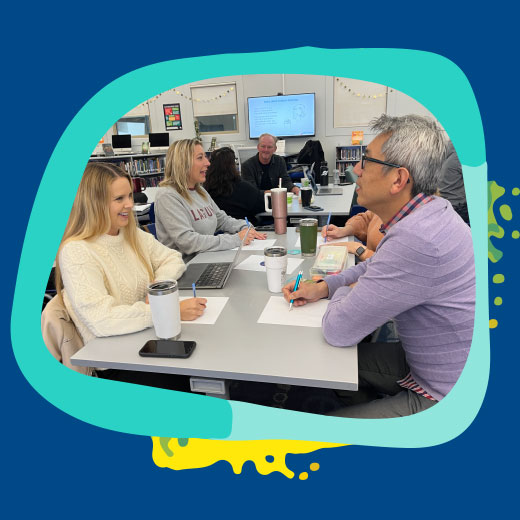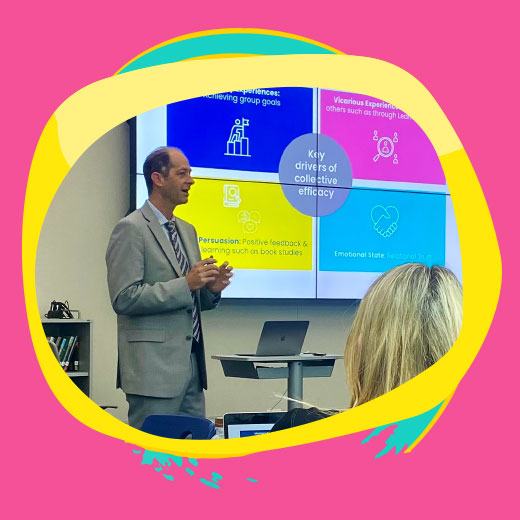This was one of the most productive asynchronous courses I’ve taken. It was a good mix of learning, examples, and taking action to help my class this week (or next). I want to review it again through the lens of adult learning to help me better shape professional learning for teachers at my school.






